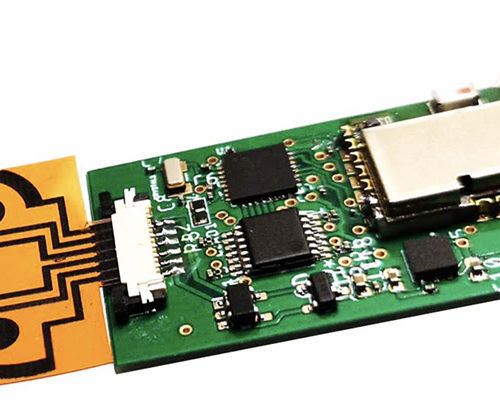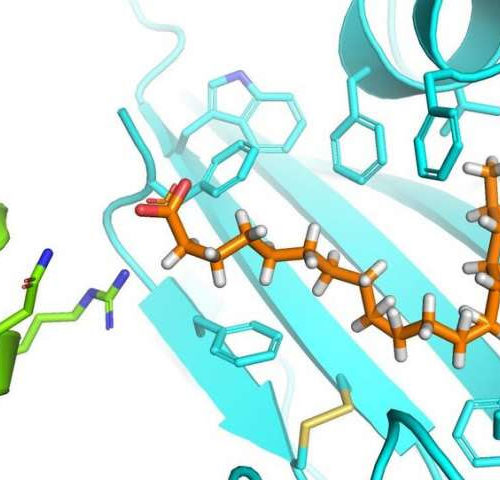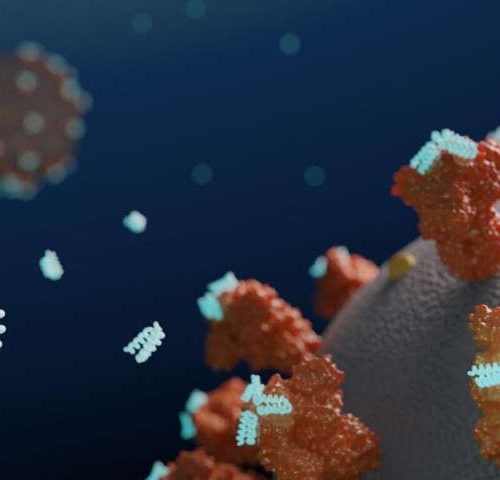Researchers at Caltech have developed a low-cost multiplex test that can rapidly provide three different types of data on COVID-19. The test can detect the presence of SARS-CoV-2, antibodies against the virus (potentially indicating a level of immunity), and inflammatory markers that could indicate the severity of COVID-19. Using blood or saliva, the test can provide...
Tag: <span>SARS-CoV-2</span>
Yan report’s claims that SARS-CoV-2 was created in a Chinese lab are misleading, unethical
THE MIT PRESS CAMBRIDGE, MA – September 30, 2020 The MIT Press Journal Rapid Reviews: COVID-19 (RRC:19) has openly published the first official scholarly peer reviews of pre-print research from Li-Meng Yan, Shu Kang, Jie Guan, and Shanchang Hu that claims to show that unusual features of the SARS-CoV-2 genome suggest sophisticated laboratory modification rather than natural...
Discovery of a druggable pocket in the SARS-CoV-2 Spike protein could stop virus in its tracks
by University of Bristol A druggable pocket in the SARS-CoV-2 Spike protein that could be used to stop the virus from infecting human cells has been discovered by an international team of scientists led by the University of Bristol. The researchers say their findings, published today in the journal Science, are a potential ‘game changer’ in defeating the current...
Are children more likely to be SARS-CoV-2 asymptomatic than adults?
By Dr. Liji Thomas, MD,Sep 14 2020 The frequency of children carrying asymptomatic severe acute respiratory syndrome coronavirus 2 (SARS-CoV-2) infection has been suggested to be higher than among adults. It is also suggested that asymptomatic children enhance viral spread. A research letter by published in the journal JAMA Pediatrics in September 2020 explores the truth of...
Designed antiviral proteins inhibit SARS-CoV-2 in the lab
by University of Washington An artists’ conception of how small synthetic proteins, built from scratch from computer designs, can have an antiviral effect by binding with Spike proteins on SARS-CoV-2. The binding interferes with the infectivity mechanism of the virus to try to keep it from latching onto and entering cells. Credit: UW Medicine Institute for...




